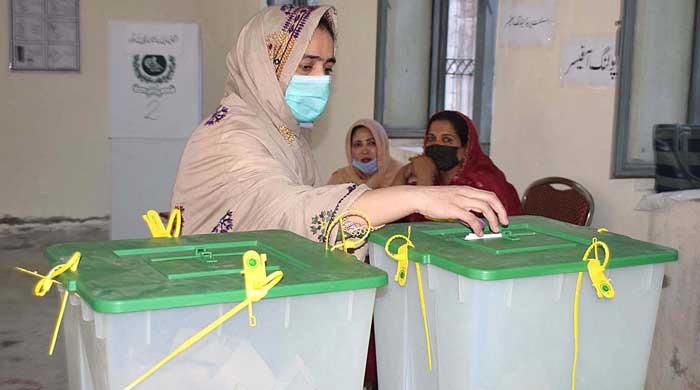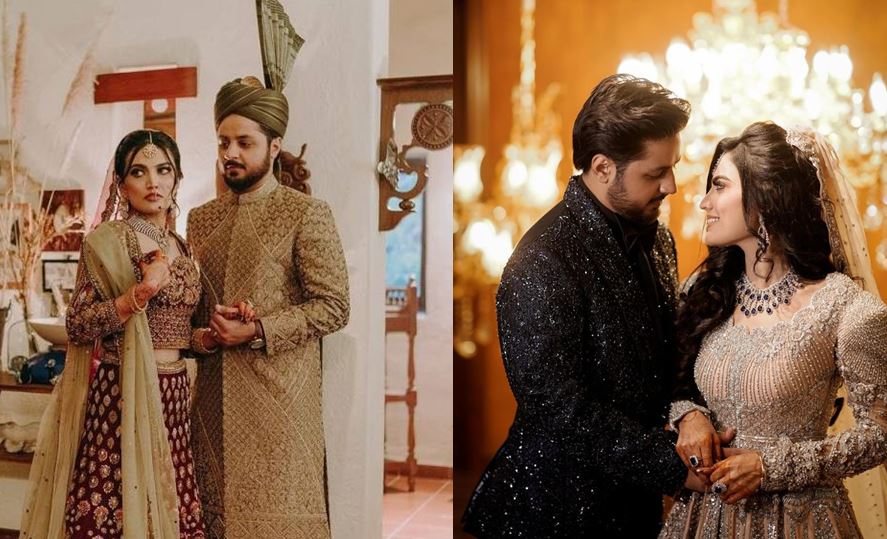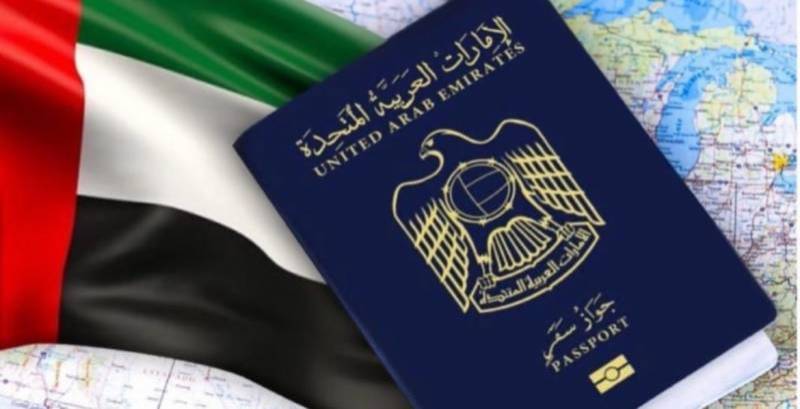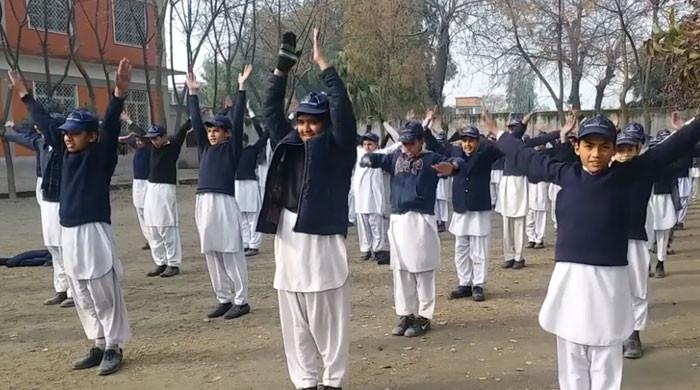TODAY, the multilateral system is under stress. Unilateral actions are on the rise and potentially with devastating consequences. The reality is that we live in a multipolar world but multilateralism is at stake. Climate change is affecting all societies. Poverty remains enduring, just as inequalities are deepening. Conflicts are cropping up across the world, eluding resolution and tearing societies apart. Disturbingly, conflicts are encouraged and often actively promoted as a geopolitical tool to dominate and spur economic growth in specific sectors whose owners have political leverage.
We see the rise of violent extremism and terrorism, hitting societies across the world. We see human rights violated on a massive scale, minorities attacked, women enslaved, journalists beheaded, cultural heritage and cultural diversity destroyed. The number of people forcibly displaced had risen to a staggering 60 million compared to 37 million a decade ago. Most of the world’s poor — some 1.5 billion people, of whom 40 percent are young — live in fragile and conflict situations. In this setting, I believe the need for dialogue has never been so important, that is, dialogue for mutual learning — dialogue between and within societies, dialogue between and within generations, and dialogue between and within cultures, including faiths and beliefs.
First and foremost, peace is everyone’s business. The United Nations was founded after the “great and terrible” World War II to create and maintain peace through economic, social or political agreements. For all intent and purposes, World War II was a continuation of World War I. The leaders then were unprepared to deal with the underlying causes of global wars. Obviously, the deepest foundations of peace still need to be laid. We need to address the root causes to prevent conflicts, while strengthening the rules of law at both the international and national levels.
The landmark publication Long Walk of Peace published by the United Nations Educational, Scientific and Cultural Organization, which asks how the UN can best address the imperatives of peace, displays innovative practices across 32 UN bodies over the past 70 years. It shows that peace is a dynamic process and a continuous journey of discovery. It provides a unique understanding of the emerging priorities of “sustaining peace” and promoting “a culture of prevention”. The world is undergoing great changes, characterized by growing instability and fragility. We need to seize every opportunity for dialogue, particularly those which involve young women and men.
We need to combat the so-called cultural universalism advocated by some quarters. The myth that we have entered the “end of history “after the collapse of the Soviet Union in the late 20th century has vanished into thin air. Living in a multipolar world with diverse civilizations and cultures, we certainly are not condemned to a clash of civilizations as some political analysts and doomsayers predicted. There are no one-size-fits-all solutions to our problems. We need to embrace diversity. Young people now make up a greater share of the world’s population than ever before and the youth must therefore be recognized not only as leaders who will answer these questions in the years to come, but as key actors in their resolution today.
Youth volunteering and civic engagement is very important — helping bridge the gaps that have emerged within and between societies, and creating new spaces for dialogue around common values. Youth volunteering takes many different forms across the world, reflecting the huge variety in needs and cultural contexts. South-South and South-North engagements of youth need to be strengthened to cement more intercultural understandings and cooperation and push back those who want to divide us along civilizational, cultural and religious lines. This is why volunteering and dialogue fit together — they unite people around joint objectives and goals, ensuring that our diversity is used for the common good.
Today Africa stands at the dawn of a new era — it is a moment for the African renaissance to become reality as Africa begins to realize the opportunities that the 21st century offers its people, young and old. And that reality is not possible without education — a transformed education that enables every African girl and boy, young woman and young man, and even the grey beards like me to have the skills and competencies to successfully navigate the ever-changing world. Africa 2063 — The Africa We Want makes it clear that the destiny of Africa is in our hands, and that we must act now to shape the future we want. Fifty years after the first 33 independent African states took a landmark decision to form the Organization of African Unity, we are looking ahead toward the next 50 years.
In both Sustainable Development Goal 4 and the Continental Education Strategy for Africa (2016-25)(CESA), we have set ourselves an extremely ambitious task but one that is necessary for a prosperous future for all. Not surprisingly, then, education stands at the heart of both — as a basic human right, as a transformational force for poverty eradication, as the engine for sustainability, and as a force for dialogue and peace. This is embodied in SDG 4, to “ensure inclusive and quality education for all and promote lifelong learning”, and in CESA.
Poverty and inequality undermine society and economies just as much as a lack of infrastructure or investment. Yet Africa is rich, as demonstrated by the continent’s potential. That potential is a reality in terms of its dynamic population, sustained economic growth in recent years, underground resources and its increasingly well-established role in multipolar globalization. However, it is vital for the potentiality to be realized.
A dynamic population alone does not ensure that young people leave school educated and well trained; even high growth does not translate into evenly distributed employment (particularly among young women); natural resources do not automatically translate to a command of industrial processes; and globalization could spell disaster if tackled without long-term vision or strategies. These are the elements for a prosperous peaceful future for the whole continent, promoting sustainable development and peace in Africa. As stated in the 2030 Sustainable Development Agenda, truly sustainable peace and development must be inextricably linked — as one cannot be achieved without the other.—Courtesy: China Daily






